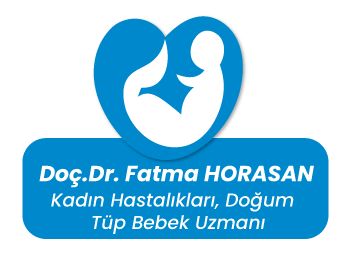Human papillomavirus (HPV) is one of the most common sexually transmitted infections worldwide. Certain types of HPV can cause various cancers, most notably cervical cancer. Therefore, vaccination against HPV is of great importance for public health. This article will discuss what HPV is, how it causes cancer, vaccination methods, and the importance of the vaccine.
What is HPV?
HPV is a group of viruses that infect the skin and mucous membranes. There are over 200 different types, around 40 of which are sexually transmitted. Most HPV infections are harmless and resolve on their own. However, some high-risk HPV types can cause abnormal cellular changes that may lead to cancer.
HPV and Cancer
HPV is particularly associated with cervical cancer but can also cause cancers in other areas such as the anus, penis, vagina, vulva, and oropharyngeal region. The most common types of cancer associated with HPV include:
- Cervical Cancer: Almost all cervical cancers are triggered by high-risk HPV types.
- Anal Cancer: HPV is responsible for a significant proportion of anal cancers.
- Oropharyngeal Cancer: This cancer, which develops in the mouth and throat, is also linked to HPV.
- Genital Cancers: HPV infections can lead to cancers of the penis, vagina, and vulva.
HPV Vaccine
HPV vaccines provide protection against high-risk HPV types, significantly reducing the risk of developing these cancers. There are currently three main HPV vaccines available: Gardasil, Gardasil 9, and Cervarix.
- Gardasil: Protects against HPV types 6, 11, 16, and 18.
- Gardasil 9: In addition to the types covered by Gardasil, it also protects against five other HPV types (31, 33, 45, 52, and 58).
- Cervarix: Protects against HPV types 16 and 18.
Vaccination Programs
The World Health Organization (WHO) and many health organizations recommend that young girls and boys receive the HPV vaccine within specific age groups.
Typically, the vaccine is recommended for children aged 9-14, as it is most effective when administered before the onset of sexual activity. Vaccination programs usually involve two or three doses.
 English
English  Deutsch
Deutsch  Türkçe
Türkçe 


